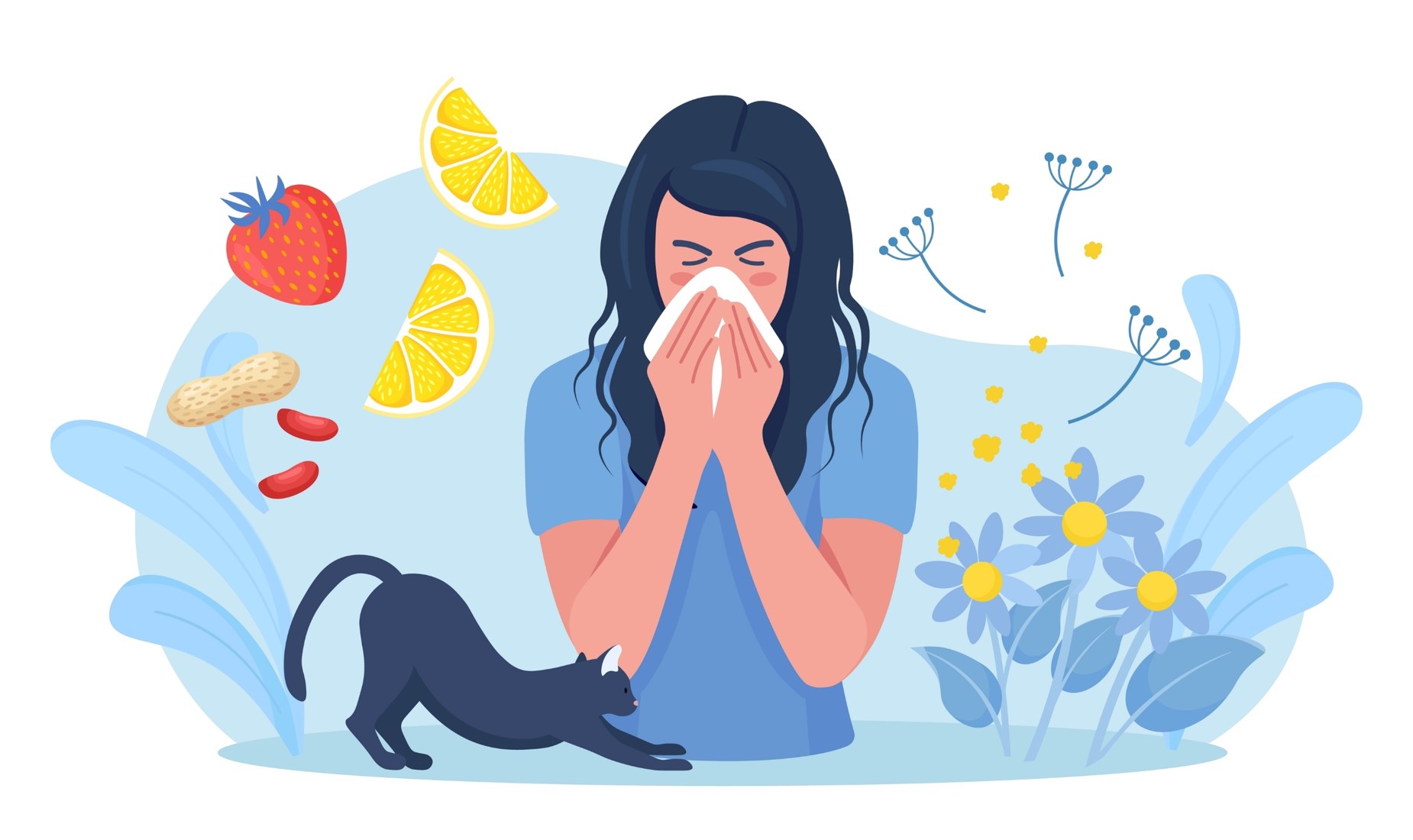Aspects of environment or lifestyle
Avoid any allergy-induced factors which are associated with symptoms like sneezing, nasal itchiness, eyes itchiness, and cough.
- Allergic to home dust mite : patients who are allergic to dust mites have to pay attention to indoor cleaning.
- Allergic to pollens : patients should stay home more to avoid exposing to seasonal pollens.
- Allergic to molds: avoid going to dampish and moldy places.
- Allergic to animal fur, kapok, and straw mats: patients should use man-made fabric instead of cotton; and avoid using animal fur and feather related materials.
- Dress underneath warm blanket before getting out of bed and wear a mask before going outside early in the morning.
- Proper exercises early in the morning or before going to bed help improve symptoms of airway hypersensitivity and increase sympathetic nerve activity.
Aspects of diet
- Patients who have running nose, watery sputum, or cold-induced symptoms should avoid icy-cold food like watermelon, cantaloupe, oranges, grapefruit, and pear.
- Patients have nasal mucus or yellow-sticky sputum; diet should remain light and they should consume lessspicy, deep-fried, and hot food like mango, durian, lychees, longyan meat, chocolate, pepper, cinnamon, and etc.
- Patients who have atopic dermatitis should consume less shrimp, crab, eggplant, mango, and taro.


